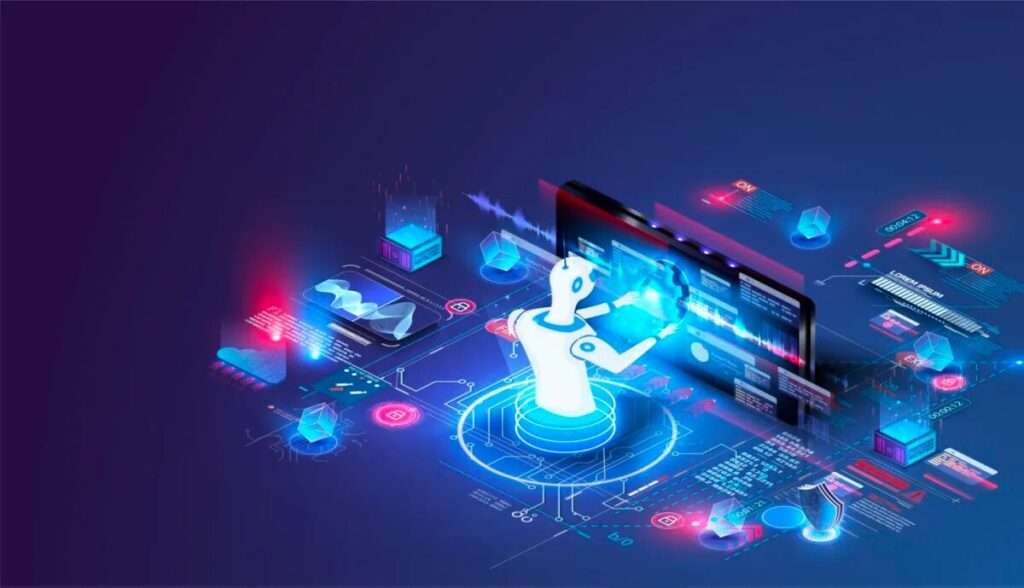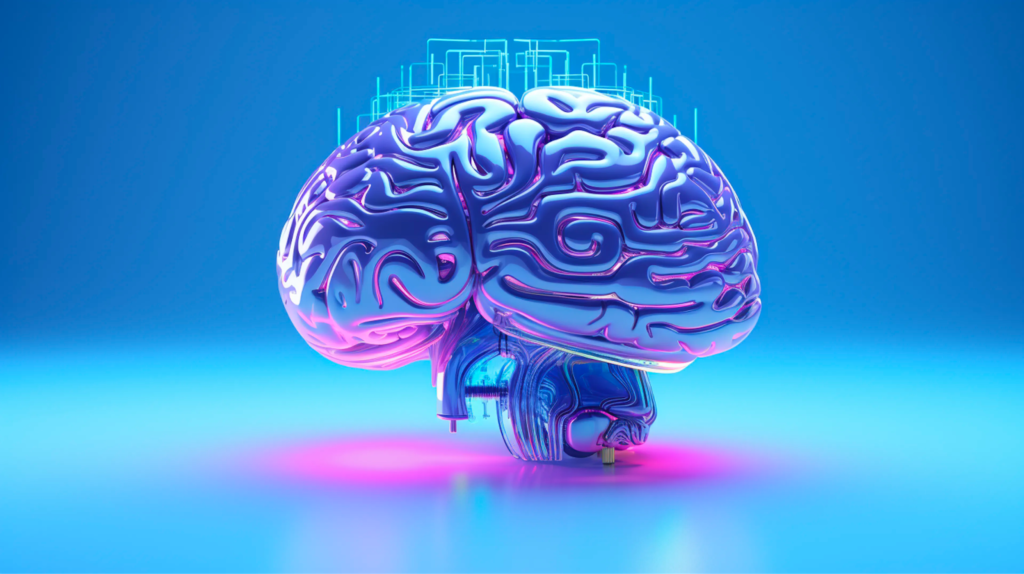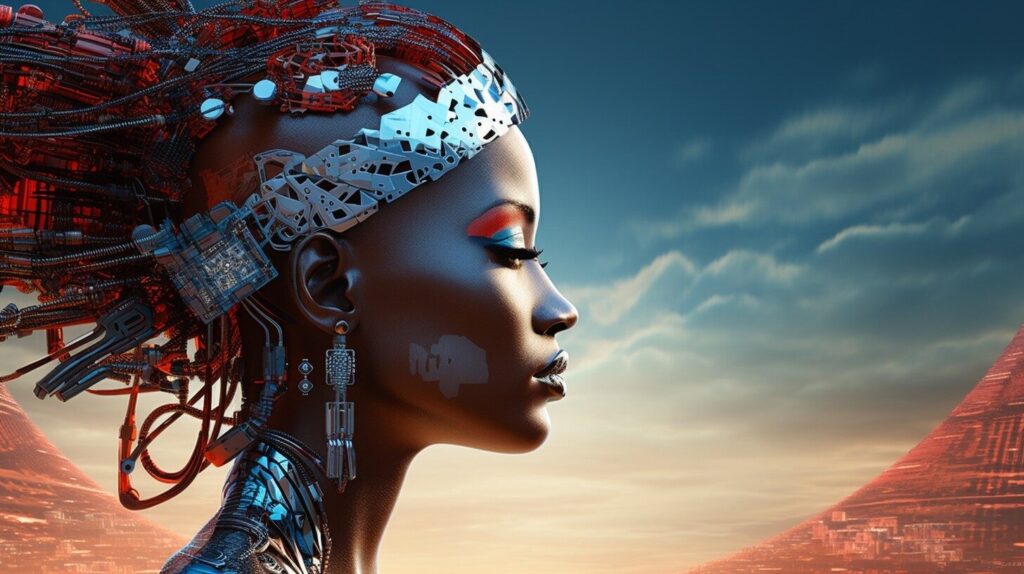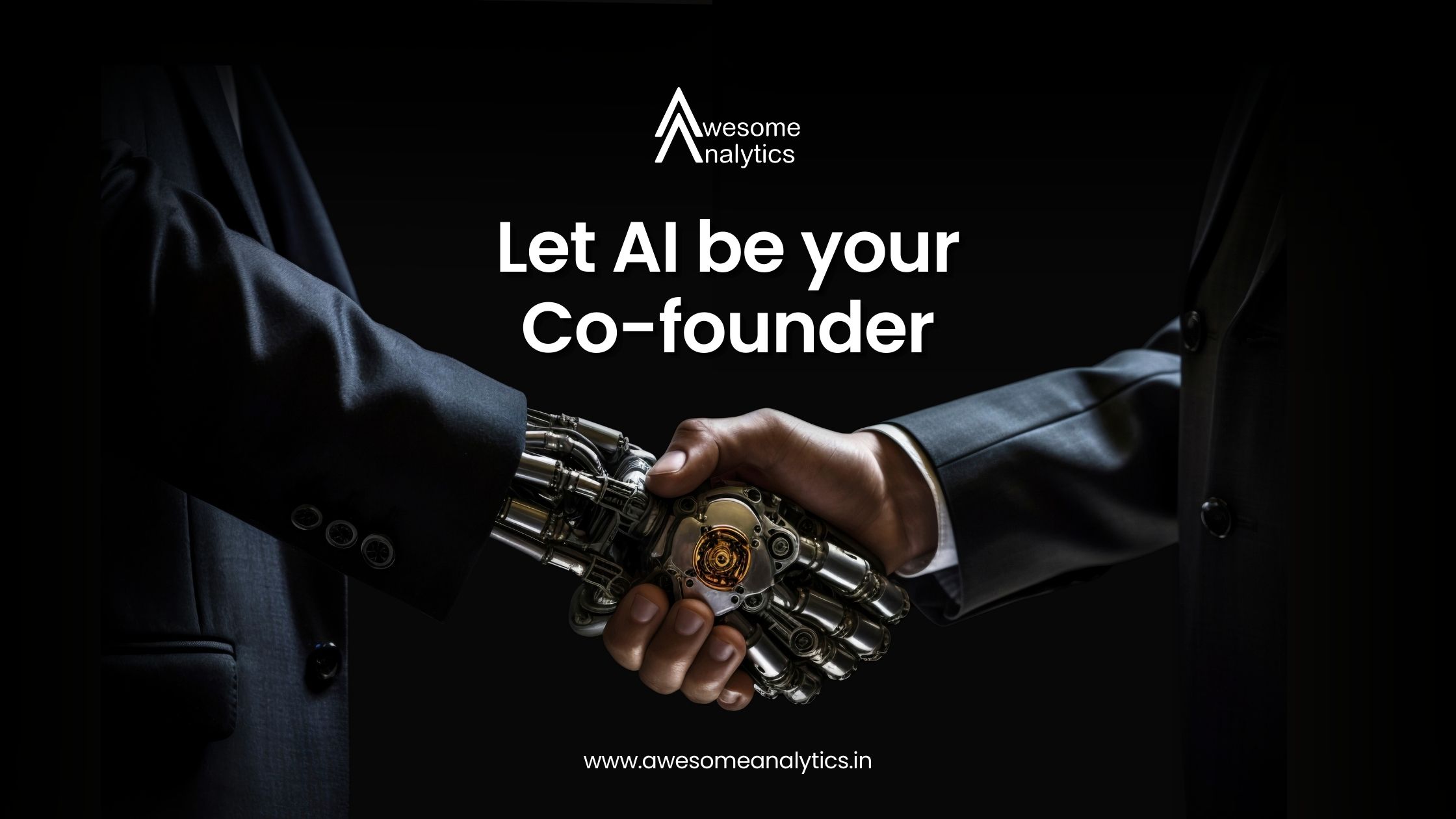Streamlining Operations with AI
Launching Businesses with Minimal Resources
AI acts as a catalyst, allowing startups and corporate departments with limited resources to scale swiftly. It takes care of day-to-day tasks, from reviewing documents to testing products and interacting with customers. According to Leonard Dixon, an assistant professor at the University of Denver, viewing AI as a task-specific hire is key. It's like having a dedicated assistant, but one that's a bit magical.
Breaking Barriers in Starting a Business
Kian Katanforoosh, CEO of Workera and a Stanford University lecturer, emphasizes how AI significantly reduces the hurdles of starting a business. From automating legal document reviews to developing websites, AI expedites processes, enabling founders to focus on core aspects.

AI as an Unbiased Advisor

Countering Confirmation Bias
Entrepreneurs often fall prey to confirmation bias due to emotional attachment to their ideas. Here, AI steps in as a neutral advisor. Adrian McKnight, Chief Digital Officer for WNS, notes that generative AI provides objective assessments, simulating various customer personas for market testing and interactive feedback.
Augmenting Human Thinking
While humans remain the driving force behind any business idea, AI serves as an exceptional partner in idea development. McKnight stresses the importance of clarity of vision from the founder or entrepreneur, with AI acting as a capable partner needing guidance and direction.
Analyzing Vast Amounts of Data
AI excels in quickly and effectively analyzing vast amounts of data. This capability is invaluable for critically assessing new business initiatives, building robust business cases, and making more informed decisions.
Identifying Tasks for AI Assistance
Leonard Dixon advises identifying tasks where AI can assist and determining the level of human intelligence required. For instance, in customer service, AI can handle initial inquiries while human agents address more complex issues, ensuring 24/7 service and multilingual support.

Collaborative Task Execution
Amplifying Human Capabilities
AI and humans can collaborate on tasks, amplifying human capabilities. Non-technical founders facing challenges in finding technical co-founders can benefit from this collaboration. Tools like ChatGPT and Microsoft Co-Pilot expedite tasks like creating presentations, reducing preparation time significantly.
Autonomous Intelligence in Action

Operating Independently with Human Supervision
Autonomous intelligence involves AI operating independently, with humans in a supervisory role. A prime example is autonomous vehicles, such as Tesla cars, which drive themselves while still requiring human readiness to intervene if necessary.
AI as a Manager
Dixon illustrates how AI can play the role of a manager, reading company documentation to create a persona aligned with company values. The AI manager can extract moods and emotions from responses, enhancing its performance over time.
In conclusion, while AI is not a replacement for human creativity, it serves as a powerful ally in systemizing mundane tasks, freeing up time for impactful and meaningful work. Embrace AI as your business partner, and witness the synergy between human innovation and artificial intelligence.



